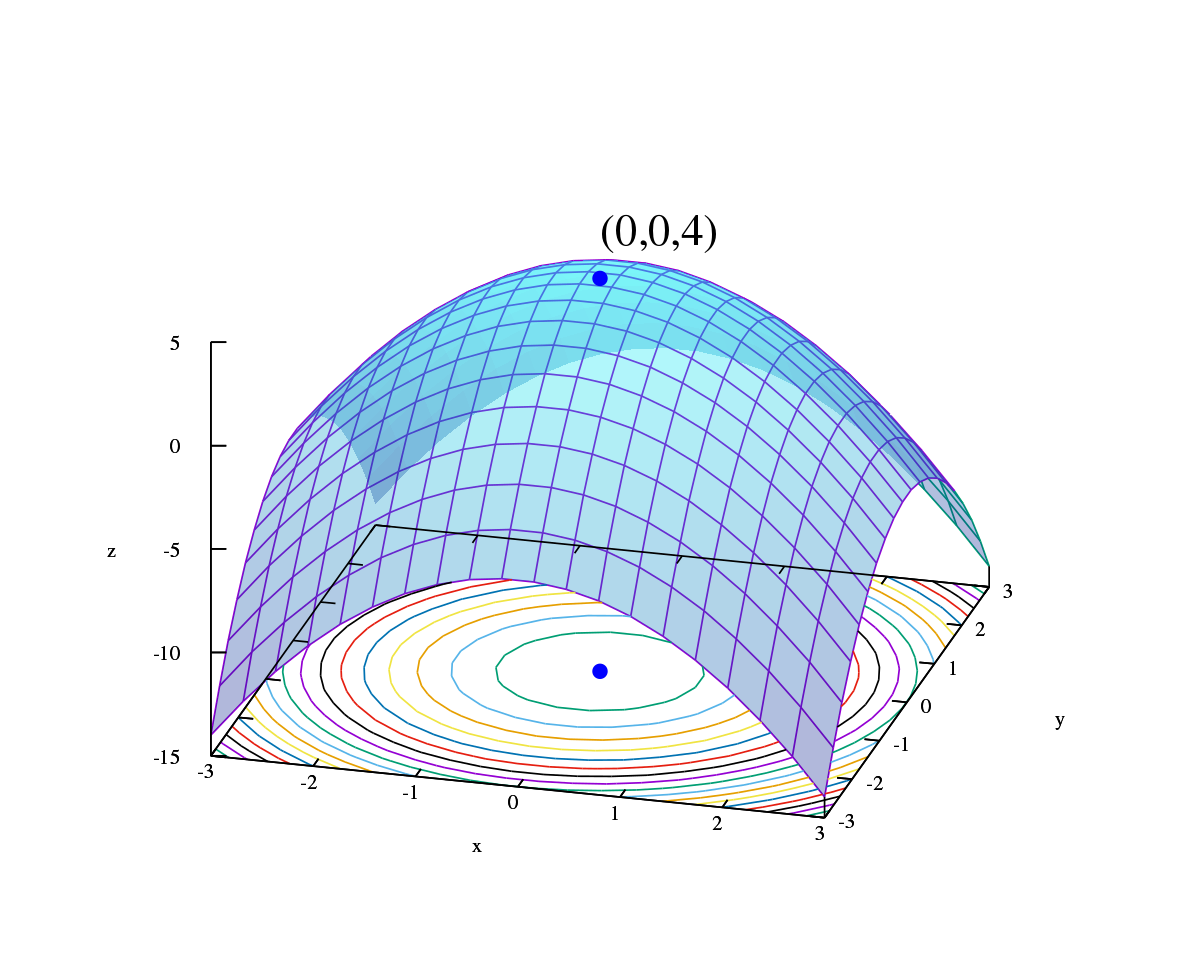David Sweet was a quantitative trader at GETCO, where he used experimental methods to tune trading strategies, and a machine learning engineer at Instagram, where he experimented on a large-scale recommender system. He is currently writing a book called "Tuning Up," an extension of lectures given at NYU Stern on tuning high-frequency trading systems. Before working in the industry, he received a Ph.D. in Physics and published research in Physical Review Letters and Nature. The latter publication – an experiment demonstrating chaos in geometrical optics -- has become a source of inspiration for computer graphics artists, undergraduate Physics instructors, and an exhibit called TetraSphere at the Museum of Mathematics in New York City.
Datacast Episode 53: Algorithms and Data Structures In Action with Marcello LaRocca
Marcello La Rocca is a research scientist and a full-stack engineer. He works as a consultant, creating large-scale web applications and machine learning infrastructure. He has gained invaluable experience at Twitter, Microsoft, and Apple - working on applied research in academia and industry. His work and interests focus on graphs, optimization algorithms, genetic algorithms, machine learning, and quantum computing.
Biologically-Inspired AI: Optimization and Local Search
There have been significant advances in recent years in the areas of neuroscience, cognitive science, and physiology related to how humans process information. This semester, I’m taking a graduate course called Bio-Inspired Intelligent Systems. It provides broad exposure to the current research in several disciplines that relate to computer science, including computational neuroscience, cognitive science, biology, and evolutionary-inspired computational methods.



